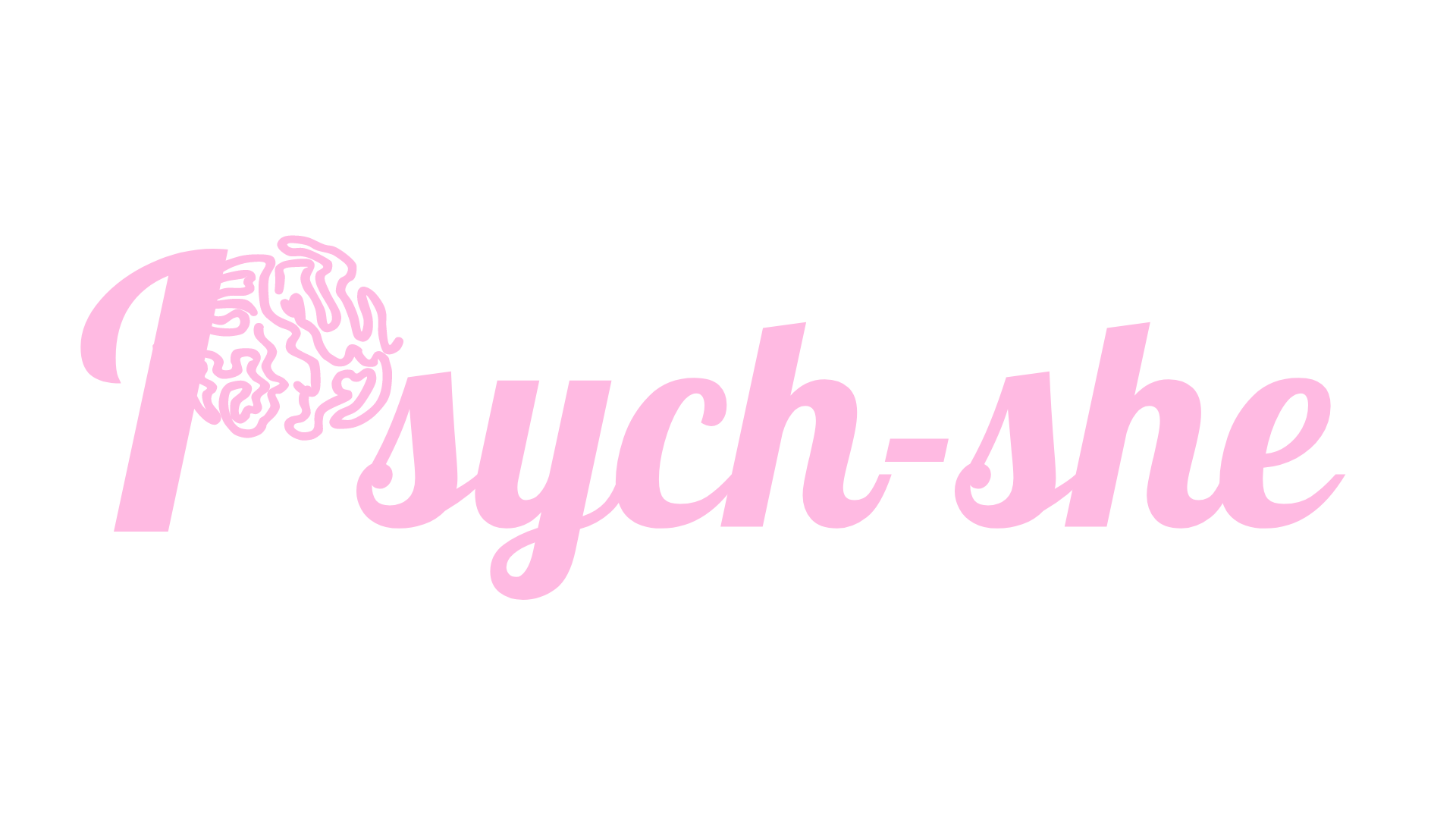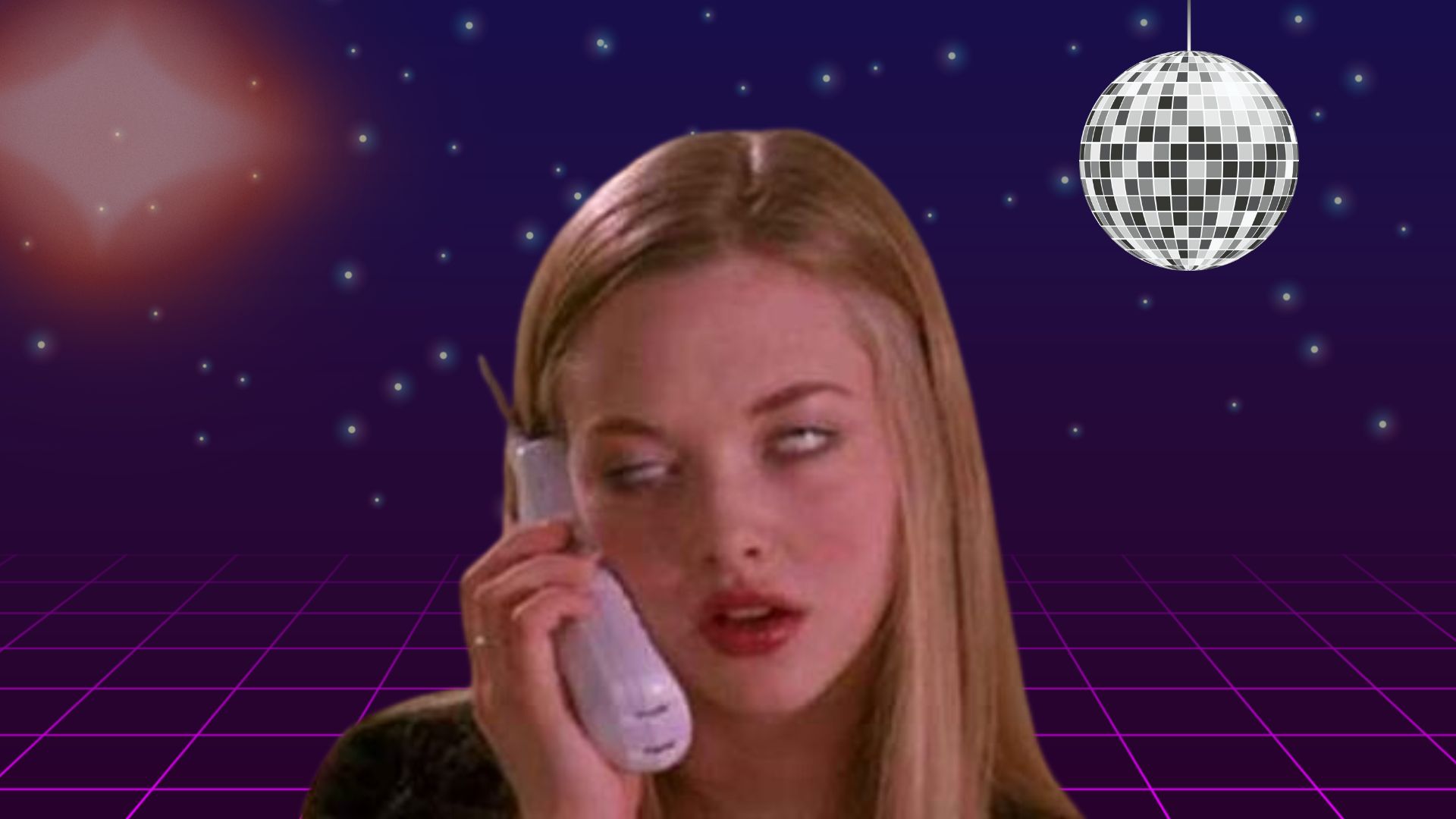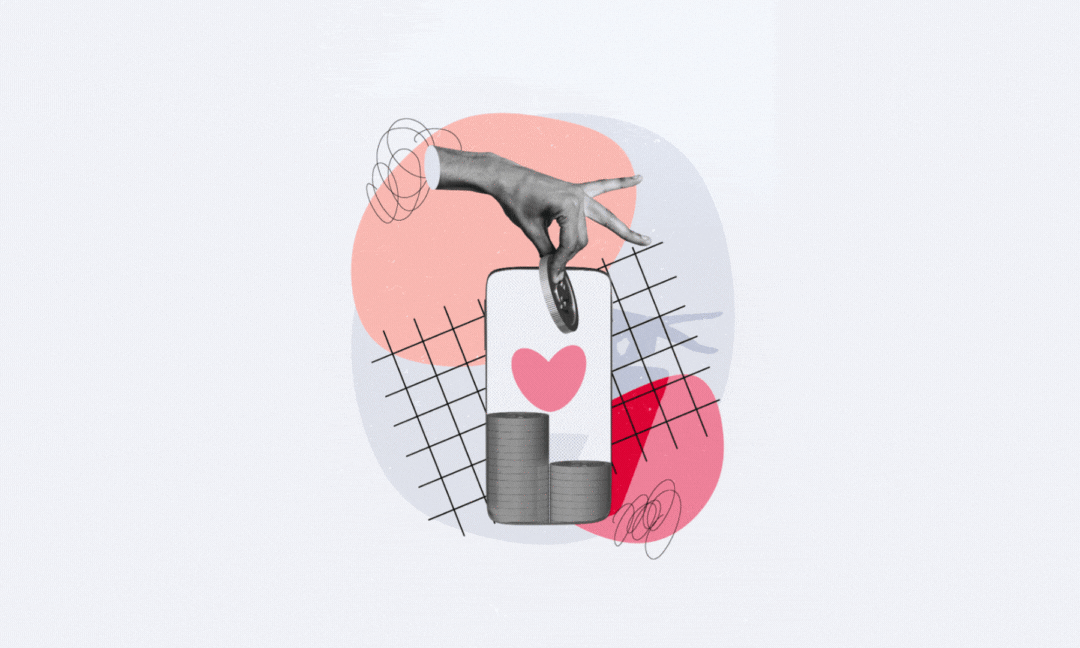I don’t own a party dress. It’s past my bedtime. The floor is sticky. Everyone is drunk. My friend lost her phone. Someone is being sick. I can’t hear myself think. I want to go home. DJ, I think I killed the groove.
“Hey, do you want to go to a club on Friday night?” No, I’d rather deep-fat fry my face.
It’s always the same old story from my friends. They ask the inevitable question, and although I smile and decline politely, I’m actually thinking: “What? Stand in a poorly lit, overcrowded room that reeks of sweat and vomit until the early hours simply because we’re meant to enjoy our youth? Jog on, love. I’m staying in.”
It’s fun-day Friday, right? I should probably say YOLO, but we only get 52 Fridays in a year, so why, in God’s name, would I do the opposite of fun and spend them on the dance floor? (I can’t dance.)
And yet, I ask myself – why? Am I not one of the girls? Shouldn’t I be able to wear my party dress and highest dance heels, go out on the town, and still get up for work the next day like a functioning human being? Why am I the first to ask when are we going home?
Dr Becky Spelman, Psychologist and Founder at Private Therapy Clinic, said: “Nightclubs aren’t for everyone, and I think people would be surprised how many women dislike clubbing.
“There is an expectation for women to enjoy it, which can lead to feelings of discomfort or pressure to participate, especially amongst peers.”
I concur with Dr Spelman. In an exclusive survey of 40 women for Psych-She Magazine, over half said they felt pressured to engage in nightclub culture. 42% said, on a scale of one to ten, they felt lower than a five in terms of being comfortable on a night out.
Summer Davis, 21, an English literature student at the University of Bath, says she’s happily in her granny era. Like me, she chooses to avoid clubs despite the stereotype of being a young, wild uni student.
She said: “I quickly learned in first year how intense an environment it can be.
“30-year-old men came up to me and my friends, asking to dance, offering to buy drinks, and one even tried to untie my top once.
“I have autism and ADHD, so everything is times ten. It’s quite loud and warm, so I can easily get overwhelmed, and I need to step outside.
“I get shaky, panicky, and feel sick. I know when I need to leave, but everyone else is fine and having a good time, so I used to tell myself to get over it.”
Summer also said she felt like the odd one out as the girl who turned up to her first nightclub in jeans and a cardigan. Too many bad experiences added up and now, she would rather spend her Friday nights at home away from the dance floor.
And she’s not alone; 84% of our interviewees said they felt unsafe because of spiking, 52% said they hated the crowds, and 70% said they had experienced unwanted harassment. Not a lot of wiggle room to simply boogie on down with your girls.
Dr Spelman explained how, after one bad experience in a club, our brains can react similarly if we go again.
She said: “The part of the brain responsible for fear and anger is the amygdala. A sensory overload from loud music, crowds, and flashing lights can possibly trigger an emotional panic response.
“Our brains are receiving so many messages from sights, sounds, and smells, they can’t process them fast enough, which triggers the fight or flight response.
“Our breathing increases, the heart beats faster, blood is pulled away from non-vital areas to muscles in places like the legs and arms because, essentially, we want to fight what’s happening around us or run away.”
I can’t say I’ve ever wanted to punch the DJ, but there’s definitely been a few times I’ve battled the impulsive thought to make like Cinderella and leg it at midnight.
Dr Spelman also said the amygdala is also crucial to fear-learning, where we associate certain situations and feelings of fear.
It dates back to the Stone Age. We didn’t want to get eaten, so if we saw a big, hungry sabre-tooth tiger, we knew to run away. Except now the tiger is a strobe light-lit, overstuffed hellhole, tainted with the scent of cherry-flavoured vapes, and I don’t know about being eaten, but I’ve learnt it’s murder on the dancefloor.
Or, perhaps, my ancestors were all introverts. Maybe my millionth great-grandma was the only early woman who preferred to work on her cave drawings than join the hunting party. We are, after all, only animals, so maybe this aversion is built into us along with our basic survival instincts.
Arianna Edmonds, 24, an admin assistant in Doncaster, said: “After a night out, I feel like I need to recharge my social battery because I build it up in my head as the social event of the week.
“I think just knowing I’m going to be around so many people, even with friends, intimidates me. I can still go out and enjoy myself, but it would be for quieter, quality time, which I don’t think you get in a nightclub.
Some of us may be introverted, but this does not equal a shy loner who quakes in fear of socialisation. It’s not so black and white; rather, we exist on a psychological spectrum—on one extreme, there is the absolute outgoingness of extroverts and, on the other, the quiet contemplation of introverts. And most of us sit somewhere in between.
Dr Spelman said: “Generally, as a society, we prefer the assertiveness and energy that comes from extroverts, and that’s where the expectation of a woman enjoying clubbing may come from.”
“An introvert may react differently to an extrovert. They can still socialise easily but might get tired of the buzz more quickly. They might prefer a smaller group or a one-on-one meeting, but simply being introverted doesn’t mean someone would hate clubbing.”
In short, some of us can still go out, dance and have a great night. Others might prefer to sit at home. I know I prefer the tranquillity of my own time, but…
“If something isn’t working for you, you can always say no,” says Summer.
“My friends are lovely, and we go to pottery painting, cafes, and Zumba classes to spend time together.
“I don’t necessarily think, “I’m not going to a club.” I think, “What can we do instead?”
I don’t go to clubs anymore. I burnt that goddamn house right down and found my niche in crochet, board-game cafes, and houseplants.
Of course, my friends will still go to the club and dance without me, but I have to lie in my bed the way I made it. And that’s fine by me because I’d rather be in bed by ten, anyway.
Expert insight: Dr Becky Spelman
Dr. Becky Spelman started studying Psychology at the age of 18, going on to obtain a Doctorate, two Postgraduate diplomas and an undergraduate degree. In her clinical practice she specialise in a wide range of Psychological difficulties such as relationship issues, trauma, personality issues and issues with identity and many more.




